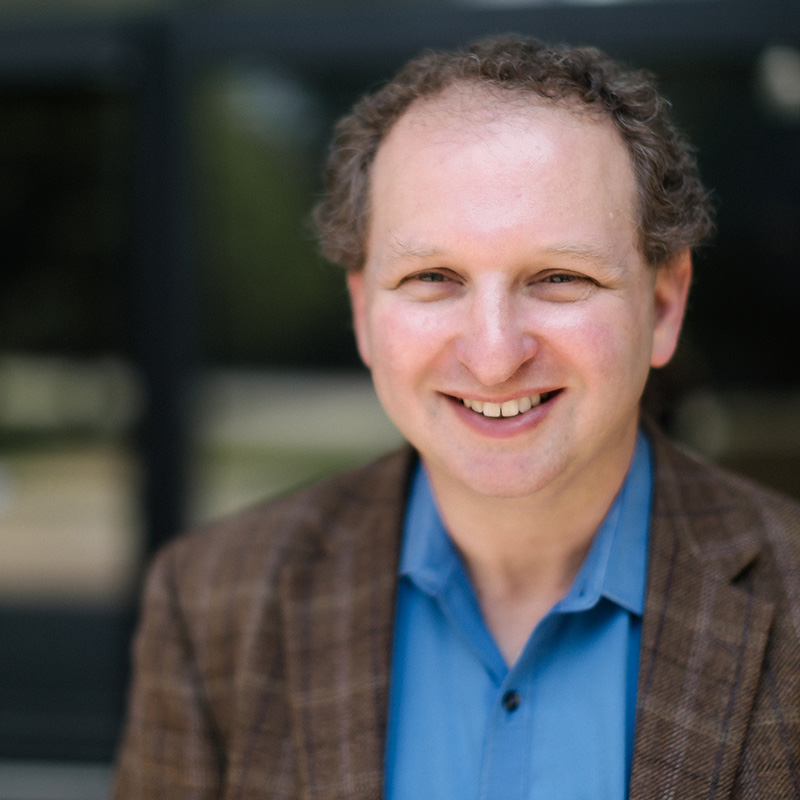US Supreme Court Justices look to Volokh on non-delegation

Two US Supreme Court justices recently cited Emory Law Professor Alexander Volokh in their decision involving Congress, the Federal Communications Commission (FCC), and the nondelegation doctrine.
In the case FCC v. Consumers’ Research, the questions at issue were: whether a universal-service contribution scheme violated the nondelegation doctrine, whether Congress sufficiently maintained discretion over the FCC to administer the universal-service contribution scheme, and whether the FCC retained proper decision-making authority in its relationship with a private, third-party actor.
The nondelegation doctrine restricts Congress from delegating or transferring its legislative powers to other entities or branches of the government, as outlined by the separation of powers principle in the US Constitution. To assess the constitutionality of Congress’s actions, the Supreme Court established the Intelligible Principle test to determine whether Congress handed off its lawmaking authority or provided guidance to the exercise of such delegated power.
As Volokh writes in the Emory Lawyer article, “Of broadband, horseracing, and private delegations,” challengers argue that the FCC “is given little guidance in determining what ‘universal service’ means… [and] too much discretion in determining the level of the tax to be paid by telecommunications providers” for the Universal Service Fund. Volokh suggested that the Court may decide “whether the nondelegation doctrine should have more teeth.”
However, the Court’s holding in FCC v. Consumers Research could indicate a waning interest in the nondelegation doctrine or identifying a viable replacement for the Intelligible Principle Test. In its June 27, 2025, decision, the Supreme Court rejected the nondelegation doctrine challenge, arguing that no impermissible transfer of authority occurred between Congress and the FCC. In a concurrent opinion, Justice Ketanji Brown Jackson wrote, “Nothing in the text of the Constitution appears to support a per se rule barring private delegations. And recent scholarship highlights a similar lack of support for the doctrine in our history and precedents. See, e.g., A. Volokh, The Myth of the Federal Private Nondelegation Doctrine, 99 Notre Dame L. Rev. 203 (2023).” Justice Jackson added, “[w]e should tread carefully before entertaining challenges under this theory in the future.”
Supreme Court Justice Neil Gorsuch also referenced an amicus brief that Volokh wrote for the Reason Foundation in support of the respondents. Justice Gorsuch listed issues flagged in the amicus brief that were not part of the Supreme Court case, for lack of lower court rule. In his dissent, Gorsuch wrote, “[The] Administrative Company’s directors overwhelmingly represent entities with a financial stake in expanding universal service: those who benefit from universal-service programs (like schools and hospitals) and those who get paid to supply the benefits (the carriers). See Part I-B-2, supra. Some amici suggest that seemingly conflicted arrangement may offend the Fifth Amendment’s Due Process Clause. See, e.g., Brief for Reason Foundation as Amicus Curiae 18–23. But neither the court of appeals nor respondents took up that argument.”
In his cited scholarship on the nondelegation doctrine, Volokh writes, “We don’t have doctrines that rule out private delegation as such. The main doctrines that people often point to… may rule out some private delegations, but only based on the same neutral analysis that also rules out some public delegations.” He maintains that “[a] private nondelegation doctrine is elusive, if not nonexistent.”